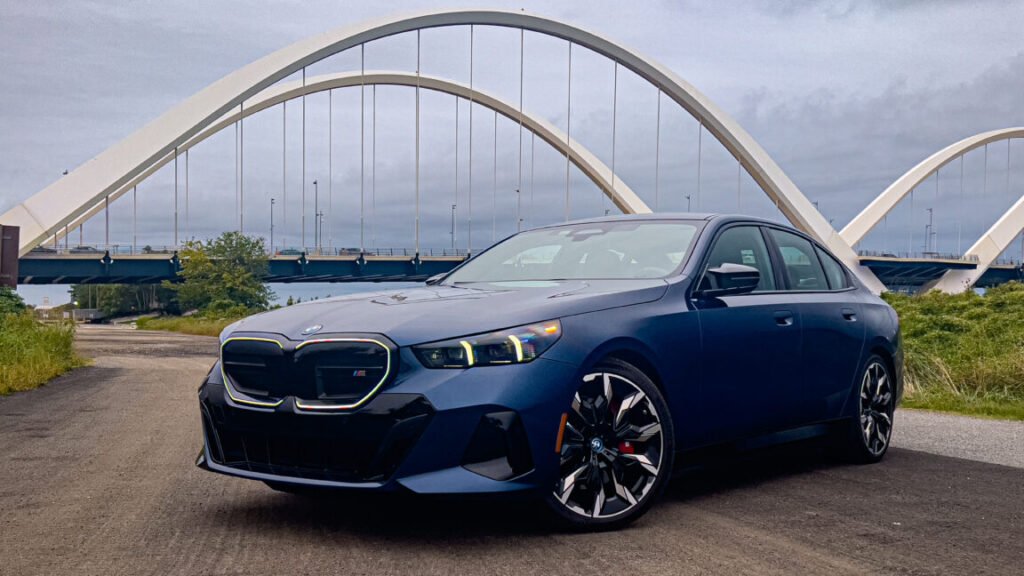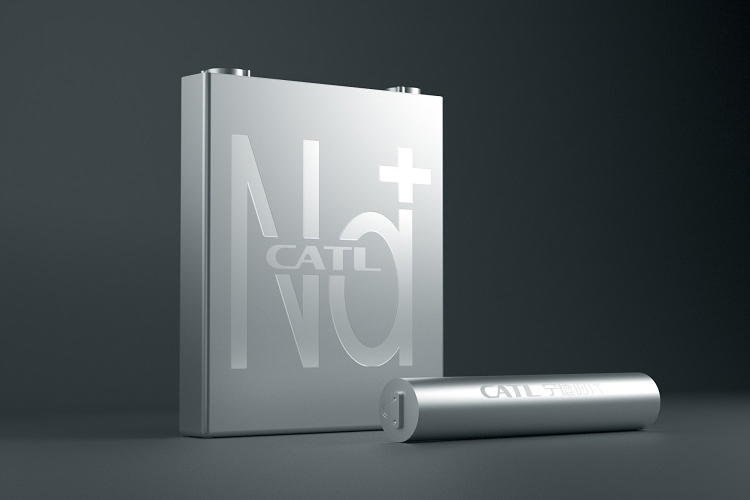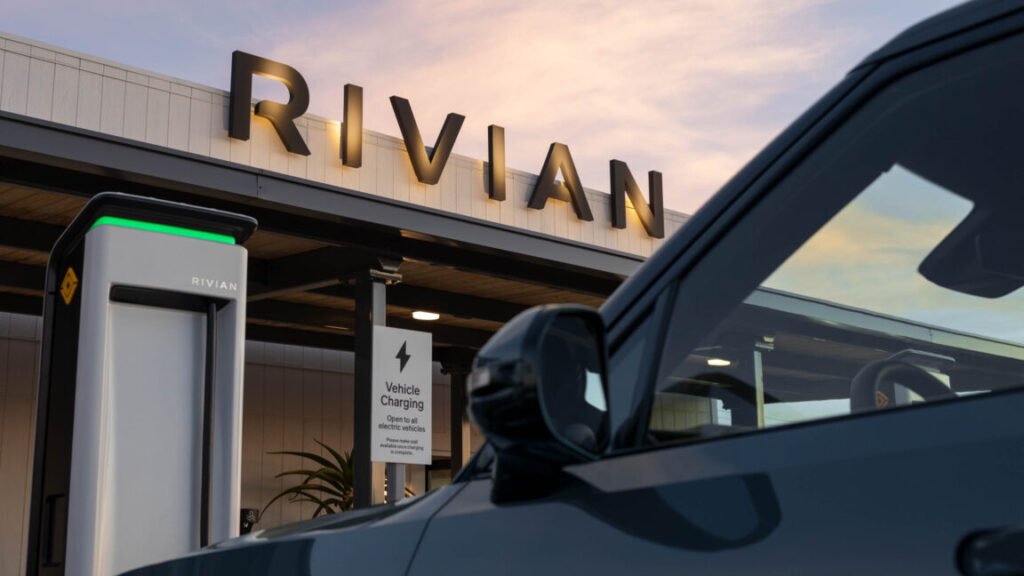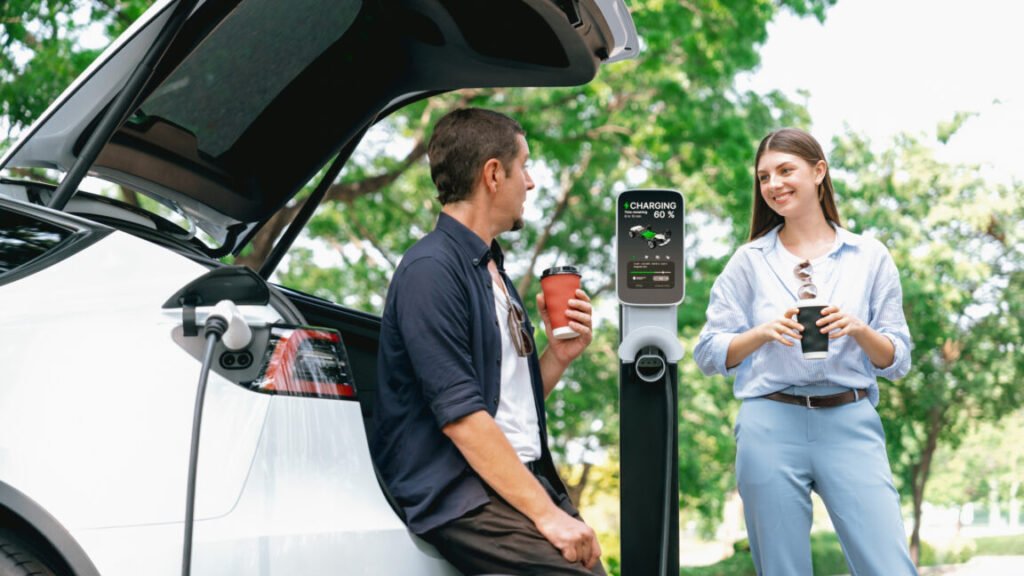Mexico’s government has been careful to not be seen to be courting China and has made clear in public statements its priority is the US relationship, including signing a memorandum of intent to start screening investments over the risk they pose to national security.
Leftist President Andrés Manuel López Obrador has nationalized the country’s lithium supplies and canceled a concession held by Chinese firm Ganfeng for an operating mine in the country’s north.
Claudia Sheinbaum, Mexico’s president-elect after a landslide victory on Sunday, leaned heavily on Chinese companies for transportation projects when she was mayor of Mexico City, buying electric buses and contracting out the renovation of the city’s oldest subway line to Chinese firms.
Yet Sheinbaum, a leftwing former climate scientist, insisted during the election campaign that USMCA would remain “fundamental.”
Mexican consumers, however, are rapidly embracing cars from China. Last year, one in five cars sold was made in China, although half of those were produced by non-Chinese brands.
Guillermo Rosales, head of Mexican auto distributors association AMDA, says imports from China have led to a clogging of ports in the country’s Pacific coast such as Lázaro Cárdenas.
“With the arrival of Chinese cars, [consumers] have a greater supply and more options to choose from,” he says, adding that US concerns did not worry Mexican consumers. “It’s a very open market for competition.”
In Australia, China’s global expansion is also leading to new questions about national security as new high-tech cars collect information from drivers and their surroundings.
A sharp increase in the number of Chinese-branded EVs on its roads—BYD’s sales were up sixfold last year—has sparked complaints over data and infrastructure security.
Australia was the first country to ban the use of Chinese telecoms vendors in its 5G networks in 2018 setting off a period of tension with China. The move to ban Huawei and ZTE was supported by Australia’s security services, which said that the use of “high-risk” vendors in the telecoms networks could have had implications for the security of data and infrastructure in the country including transportation.
Opposition Senator James Paterson has argued that the potential risk posed by Chinese EVs went beyond the person buying and driving the car but to the community they live in given the amount of data that a vehicle can collect. “We’ve all seen the movies where electric cars can be weaponized,” he says.
Paterson wants the Australian government to instigate a national security review of Chinese EVs. “We didn’t allow those companies to become the backbone of our communications network. Why would we let them become the backbone of our transport network?”
Additional reporting by Nic Fildes in Sydney, Kana Inagaki and David Keohane in Tokyo, Ding Wenjie and Joe Leahy in Beijing.
© 2024 The Financial Times Ltd. All rights reserved. Not to be redistributed, copied, or modified in any way.




